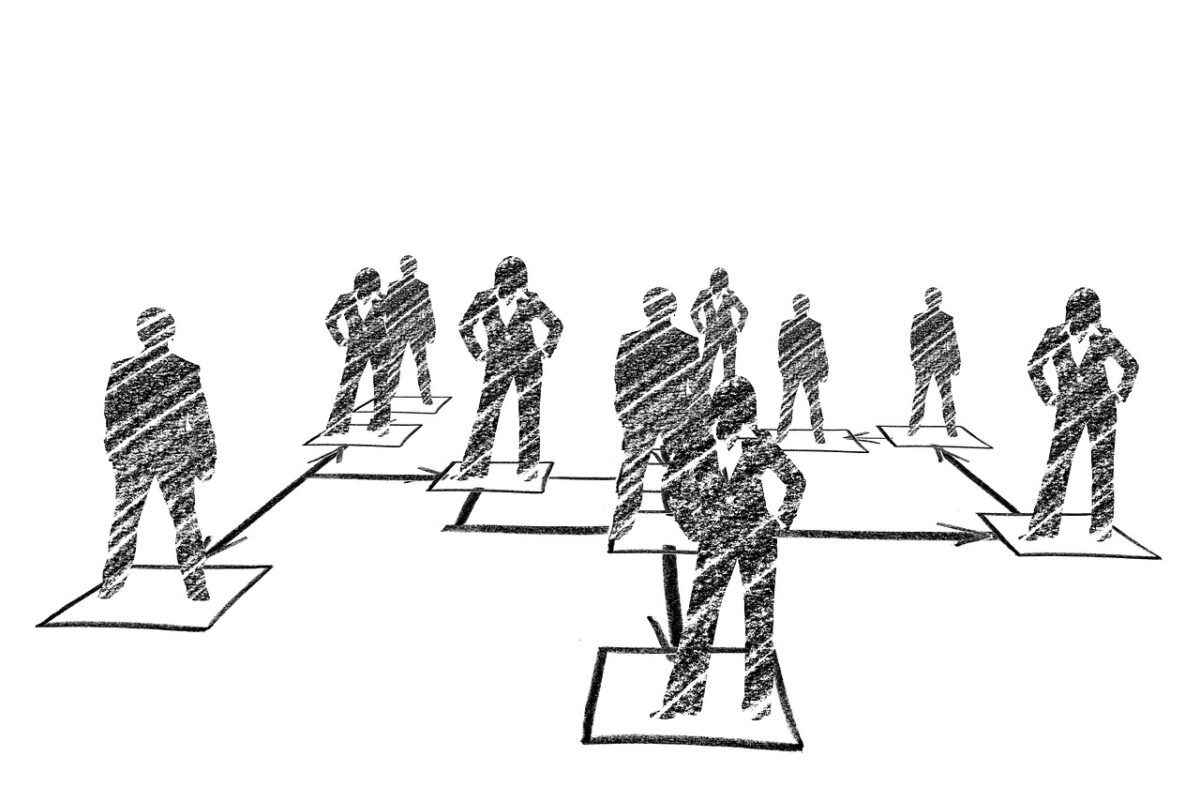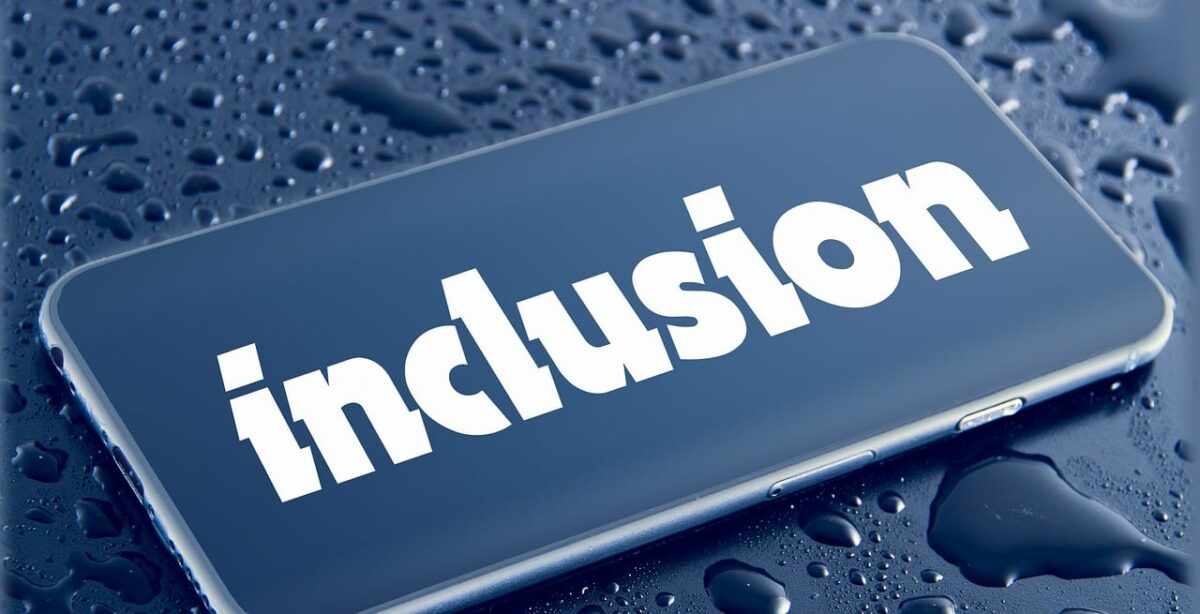Job Description: Expectations VS Reality

Introduction
A job description is a document that outlines the duties, responsibilities, and requirements of a job. It’s a crucial tool in the hiring process for both employers and job seekers. It helps employers attract the right candidates and helps job seekers understand what the job entails.
However, it’s crucial for employers to be truthful in their job descriptions and set realistic expectations, as being dishonest or misleading can have serious consequences. This blog post will explore the dangers of setting unrealistic expectations when writing a job description and offer some tips for writing accurate and honest descriptions.
The Consequences Of Not Setting Realistic Job Expectations In A Job Description

There are several consequences for employers and the workforce, of not being truthful in a job description:
- High employee turnover
- Damage to company reputation
- Legal consequences
1. HIGH EMPLOYEE TURNOVER
If new hires discover that the job is not what they expected, they may become unhappy and eventually leave the company. This can be costly for the company, as hiring and training new employees is time-consuming and expensive.
2. DAMAGE TO COMPANY REPUTATION
If a candidate feels that they were misled about the nature of their job, they may share their negative experiences with others, which can damage the company’s reputation. This can create hiring issues and make it more challenging to attract top talent in the future.
3. LEGAL CONSEQUENCES
In some cases, being dishonest in a job description can even be illegal. For example, suppose a job requires a certain level of education or certification, and the job description doesn’t mention this requirement. In that case, the company could be sued for discrimination if it only hires candidates with the necessary qualifications.
When To Write A New Job Description

There are a few situations in which it’s essential to write a new job description:
- The job has changed significantly
- The company has undergone significant changes
- The previous job description was inaccurate or incomplete
1. THE JOB HAS CHANGED SIGNIFICANTLY
If the duties and responsibilities of a job have changed considerably since the previous job description was written, it’s essential to update the description to reflect these changes. This will ensure that candidates accurately understand what the job entails.
2. THE COMPANY HAS UNDERGONE SIGNIFICANT CHANGES
If the company or industry has undergone major changes, such as a merger or acquisition, it may be necessary to write a new job description to reflect the new organisational structure or changes in company goals.
3. THE PREVIOUS JOB DESCRIPTION WAS INACCURATE OR INCOMPLETE
If the previous job description was incorrect or incomplete, it’s crucial to write a new one to ensure that candidates understand the job accurately.
In short, if any of these situations apply, writing a new job description is crucial. This will help attract the right candidates and set clear expectations for the existing role or new position. You can find useful writing tips in our guide – Beyond Jargon: Crafting Job Descriptions That Resonate In The UK Market.
When Not To Write A New Job Description

There are also situations in which it’s not necessary to write a new job description:
- The job duties and responsibilities have not changed significantly
- The company has not undergone significant changes
- The previous job description is accurate and complete
1. THE JOB DUTIES AND RESPONSIBILITIES HAVE NOT CHANGED SIGNIFICANTLY
If the duties and responsibilities of a job have not changed considerably, there may be no need to write a new job description. Updating an existing description to reflect minor changes is usually sufficient.
2. THE COMPANY HAS NOT UNDERGONE SIGNIFICANT CHANGES
If the company has not undergone any major changes, such as a merger or acquisition, there is usually no need to write a new job description.
3. THE PREVIOUS JOB DESCRIPTION IS ACCURATE AND COMPLETE
If the previous job description is accurate and complete, there is usually no need to write a new one.
In short, if none of the situations described above applies, there is usually no need to write a new job description. However, reviewing existing job descriptions periodically is always a good idea to ensure they are still accurate and complete.
Tips For Writing Accurate And Truthful Job Descriptions

To avoid the consequences of not being truthful in a job description, it’s essential to be specific and realistic and include all relevant information in the description. Here are a few tips for writing accurate and truthful job descriptions:
1. BE SPECIFIC ABOUT ACTUAL JOB RESPONSIBILITIES
Rather than using vague or ambiguous language, be clear about the tasks and responsibilities that the job entails. This will help candidates understand precisely what they’ll do if hired.
2. BE REALISTIC ABOUT THE CHALLENGES AND DRAWBACKS OF THE JOB
Don’t oversell the job or make it sound more glamorous than it really is. Be honest about the challenges and drawbacks of the role and share the details of the company culture to attract candidates who are a good fit for your team.
3. INCLUDE ALL RELEVANT REQUIREMENTS
Make sure to include all applicable requirements, such as education or experience, in the job description. This will help ensure that you only attract candidates who are qualified for the job.
4. USE CLEAR AND CONCISE LANGUAGE
Avoid using jargon or overly complex language in the job description. Use clear and concise language to make it easy for candidates to understand the job.
5. CONSULT WITH CURRENT EMPLOYEES IN THE ROLE
One of the best ways to create an accurate job description is to consult with existing employees in the same position. They can provide valuable insights into the day-to-day duties and responsibilities of the job.
6. REVIEW JOB DESCRIPTIONS FOR SIMILAR ROLES AT OTHER COMPANIES
You can also gather ideas for an accurate job description by reviewing job descriptions for similar positions at other companies. This can give you an idea of the everyday duties and responsibilities of the role and help you tailor your description to your company’s needs.
7. START WITH A JOB DESCRIPTION TEMPLATE
Many employers, small business owners, and hiring managers struggle to get started when writing descriptions for an existing or new position. Using a job description template is an excellent way to overcome the writing challenge, providing you with examples of job responsibilities, required skills, and qualifications, to which you can add your workplace values and team culture. Our job description library includes more than 800 job description templates to help you prepare your job advert, advertise jobs on job boards, and complete the recruitment process.
Conclusion
In conclusion, it’s vital for employers to be truthful in their job descriptions in order to avoid the consequences of setting unrealistic expectations. Employee turnover, damage to company reputation, and legal consequences can all result from being dishonest in a job description. To avoid these issues, it’s essential to be specific and realistic and include all relevant information in the description. By following these tips, you can attract qualified candidates and set realistic expectations for the role. We discuss how to write a job description further in this article.
Job Description Expectations VS Reality FAQs

Here we answer your questions on the most effective ways to write accurate job descriptions.
Creating a false reality can have implications across the hiring process, from finding a qualified candidate with the proper ability, conducting a job interview, hiring for your team, and retaining top talent.
You should decide to write a description if you are recruiting for a new position, your company structure or goals have changed, or your existing description has not been reviewed and updated recently.
Be specific and clear about job responsibilities, office culture, and career development opportunities. Avoid trying to impress job seekers with untruths that will ultimately cause a new recruit to leave your employment, putting you back at square one and in need of another new hire.
Job description examples can be viewed, edited, and downloaded from our job description library. For example, you can download an aromatherapist job description or a senior electrical engineer job description template, complete with job responsibilities, duties, skills, and qualifications.



